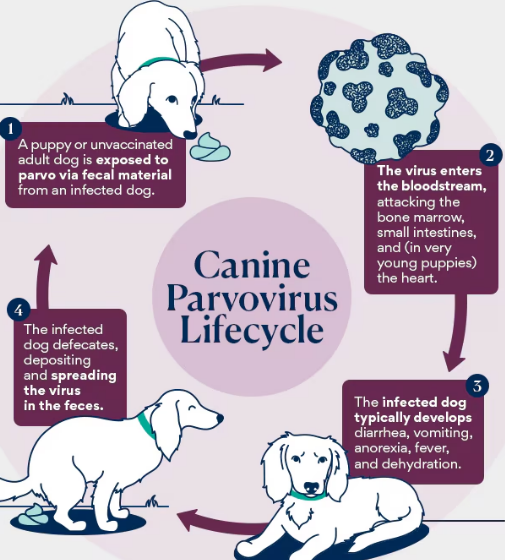Parvo in Dogs: Prevention, Symptoms, and Why Vaccination Matters
What is Canine Parvovirus?
Canine parvovirus (often called “parvo”) is a highly contagious and potentially deadly disease caused by the canine parvovirus type 2. This virus attacks a dog’s white blood cells and gastrointestinal tract. In puppies, it can even damage the heart muscles, making it especially dangerous for the youngest dogs.
The good news? Parvo is preventable with proper vaccination.
How is Parvo Spread?
Parvo spreads easily through contact with contaminated feces, even in microscopic amounts. You may not see the feces, but the virus can still be present on:
Grass or soil
Kennel floors
Hands or clothing
Dog fur and paws
Bowls, leashes, and toys
Because it’s so hardy and easily transmitted, parvo can spread quickly—especially in environments where dogs gather.
Symptoms of Parvovirus in Dogs
Symptoms vary depending on the severity of the infection, but watch for:
Lethargy
Loss of appetite
Vomiting
Severe (often bloody) diarrhea
Abdominal pain or bloating
Fever or low body temperature
If your dog shows any of these signs, contact your veterinarian immediately. Quick action can be the difference between life and death—most parvo-related deaths occur within 42 to 72 hours after symptoms start.
Unvaccinated dogs and puppies are at the highest risk.
Diagnosis & Treatment
If your vet suspects parvo, a fecal test can confirm the diagnosis. While there’s no direct cure, treatment focuses on helping a dog’s body fight the virus through supportive care. This may include:
Hospitalization with IV fluids
Anti-nausea medications
Nutritional support (feeding tubes if needed)
Correction of low blood sugar and electrolytes
Parvo antibody therapy (in some cases)
With early and aggressive treatment, most dogs—especially puppies—can survive.
However, treatment can be costly, ranging from hundreds to thousands of dollars. In contrast, the parvo vaccine typically costs just $20–$50. Vaccinating your dog is not only life-saving, it’s cost-saving too.
How to Protect Your Dog from Parvo
Vaccination and hygiene are key to preventing parvo.
Puppies are especially vulnerable, so they should receive a series of parvo vaccinations (DA2PP) in their first few months of life. This combination vaccine also protects against other common viruses and is considered a core vaccine for all dogs.
Additional Prevention Tips:
Avoid dog parks, kennels, and daycares until your puppy’s vaccine series is complete
Choose pet-friendly places that require up-to-date vaccinations
Keep your dog away from sick dogs or unknown feces
Always clean up after your pet
Wash your hands and change clothes if you’ve been around a potentially infected dog
Prevention is powerful. Vaccination saves lives.
If your dog is due for vaccines, or their yearly wellness exam—or you’re unsure—give our Bredel Clinic a call at 301.387.7729. Our team is here to keep your furry family members healthy and protected!

